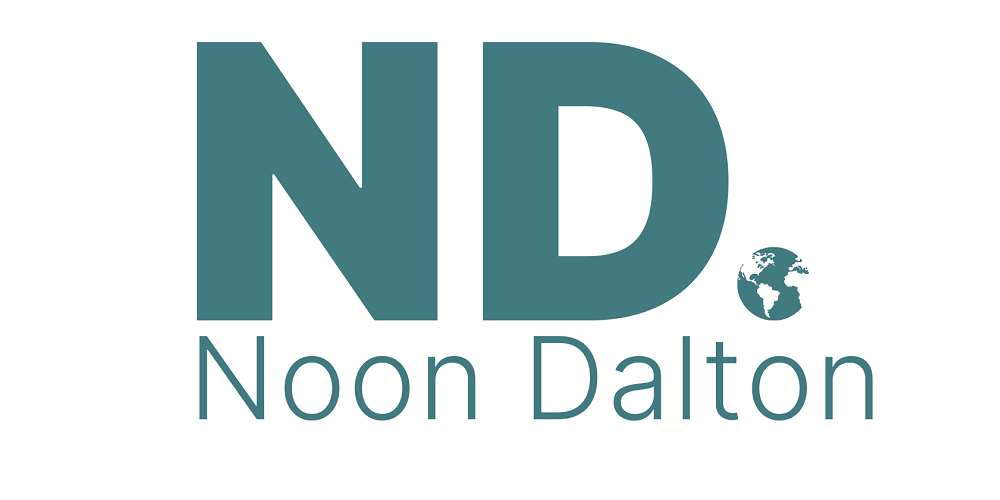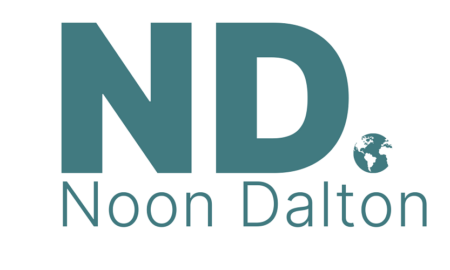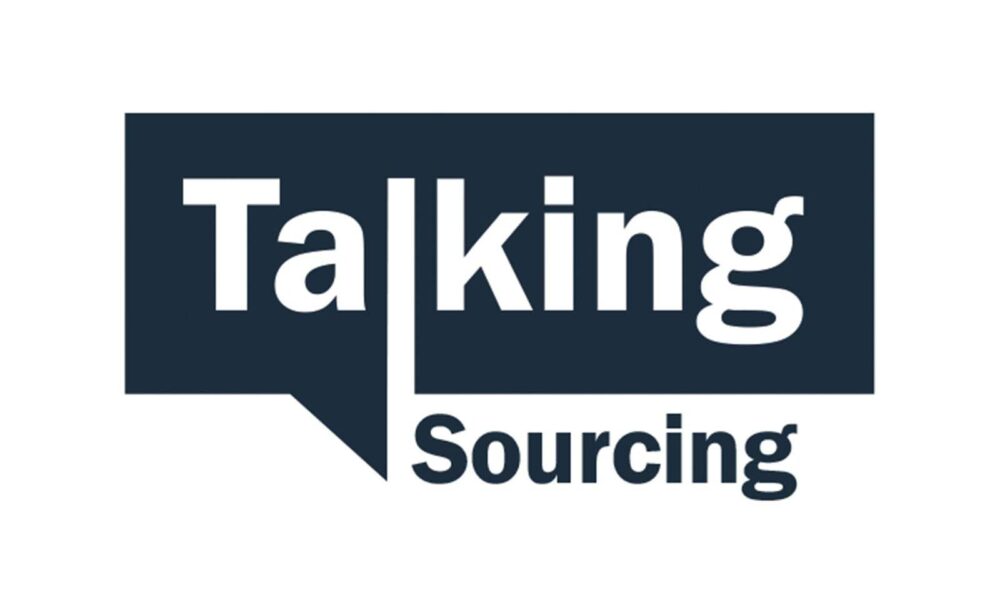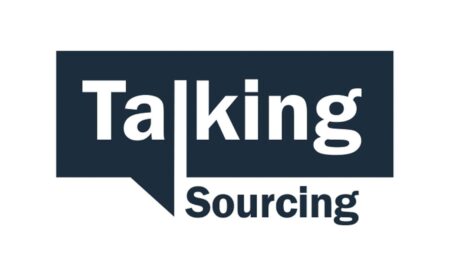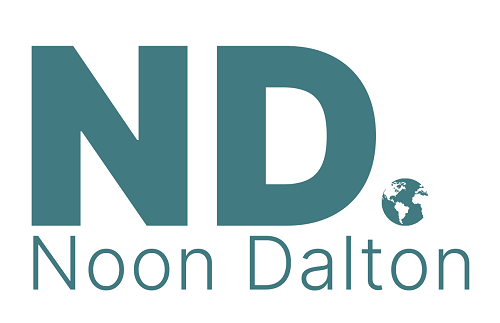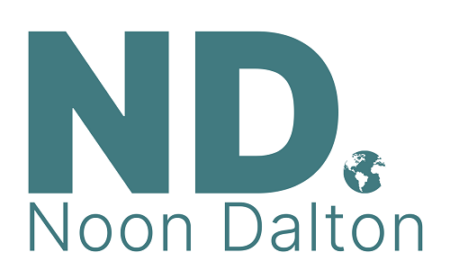Mergers and acquisitions denote an industry that is profitable, growing, and attractive—good health indicators for any sector. In the CX outsourcing space, the recent frenzy of consolidation among global players suggests a sound market with longevity. Even so, given the size of the deals announced over the past few months of mega-consolidation, understanding the effects of this trend is crucial in terms of forging long-term strategies for both BPO providers and enterprises. Among the 5 most important impacts include:
- Defensive acquisitions on the horizon – when executives at companies of a similar size see competitors merging, they feel pressure to follow suit. Thus, following the announcements of Concentrix and Webhelp, and Teleperformance and Majorel, there is a strong likelihood that discussions between other global operators are currently being entertained by relevant directors. Losing momentum and presence in a consolidating, highly competitive market is something that proactive decision-makers and shareholders will rightly not tolerate.
- The Rise of the ‘Mega Client’ – in purely practical terms, the growth of a new tier of global BPO CX operators driven by mega-consolidation promises a different approach to new client acquisition. Massive operators are unlikely to partner with smaller or growing companies in need of CX support. Rather, by the very nature of their size, these mega-providers will chase scale at a vigorous pace. This will immediately favor large enterprises—most notably in telco, retail banking, insurance, and technology—seeking a partner that can ramp up workstations in the thousands in short order, and that can drive economies of scale.
- Invigoration of the mid-sized CX BPO market – growing enterprises prefer to work with a BPO partner of a similar size. This was quantified in the 2023 Front Office CX Omnibus Survey, published last week by Ryan Strategic Advisory. One of the most salient data points indicated that among enterprises with revenues of $5bn (USD) or more, the willingness to work with a CX operator of the same scale was significant. However, enthusiasm for engaging with mega-outsourcers wanes as companies get smaller, while the willingness to consider a mid-sized outsourcing provider grows. With so many new firms in rapidly growing sectors (such as digital enterprise, cyber-security, green enterprises and gaming, among others) the appetite to work with a BPO partner that dwarfs their own scale will be limited.
- Executive talent on the market – one of the basics in any credible MBA course is that when one company merges with another, there will be a ‘rationalization’ of executive-level talent. Redundancies are an inevitable result of M&As. In the case of consolidation in the CX outsourcing space, this means skilled managers and customer experience executives will be looking for new opportunities. Probably this will only become evident over time, due to the nature of non-compete agreements and the like. But, as these individuals with significant subject-matter expertise start looking for new opportunities, they could energize the C-suite of other CX providers. Alternatively, they could launch their own firms, resulting in…
- The emergence of new BPO providers – the outsourcing sector has produced some of the most dynamic entrepreneurs anywhere in the world. Thus, no one should doubt that executives that find themselves looking for new opportunities on the back end of mega-consolidation deals may decide to become competitors themselves. Those with experience, an understanding of the CX market, and great client contacts have the potential to launch new, highly specialized, and agile customer management operations. There have been examples of this approach taken by decision-makers that have left global providers in the past. Over the coming months and years, new outsourcers could emerge as a result of these mega-consolidation deals.




